Imagine a world where safety isn’t dependent on your gender–where access to education, healthcare, and opportunities is equal for all. For millions of people, this is far from reality. Gender-based violence is one of the most prevalent violations of human rights, it exists throughout multitudes of cultures, social/economic backgrounds, and ages. All the way from domestic abuse to workplace harassment, the impact of gender inequality and gender-based violence is overwhelmingly gut-wrenching. This article will focus on examining the root causes, impacts, and solutions to this pressing issue, it is a call to action to help destroy the systems that allow it to thrive.
What are the causes of gender-based violence and inequalities?
Gender-based violence and inequalities are deeply embedded in societies across the globe. Centuries of systemic oppression and cultural norms have kept it alive, consistently brain-washing individuals by reinforcing ideas of discrimination. These factors make it difficult for those who suffer the consequences of this—particularly women and underrepresented genders–to break free from cycles of oppression and violence. Below are some of the primary causes of this issue:
Cultural Norms and Stereotypes
From a young age, individuals are influenced by the gender expectations they see and experience within their families. In many cultures, masculinity is often connected to dominance and control, while women and femininity is linked to submission and caregiving. These stereotypes make violence and discrimination common while victims of abuse are often blamed or silenced. In order to create long-lasting change societies must review their outdated norms and foster a culture filled with quality and mutual respect.
Economic Disparities
When an individual is financially dependent on a person, they are more likely to suffer from gender-based violence and inequality. Wage gaps, employment discrimination, and limited access to financial resources tend to force victims into remaining in dangerous situations. In abusive relationships, victims feel forced to stay with their abuser. The lack of economic opportunities affect education, healthcare, and access to legal help. This makes it harder for marginalized groups to escape cycles of inequality.
Legal Policy Gaps
Legal policy gaps contribute significantly to gender inequality and gender-based violence. Legal policy gaps refer to areas where laws or regulations are unclear, outdated, or nonexistent, leaving gaps in the legal framework. They create confusion, loopholes, or unintended consequences, making it difficult to address new challenges or emerging issues. The legal policy gaps regarding gender inequality mostly affect women. Legal policy gaps relating to gender inequality cause significant disadvantage towards women, affecting their economic rights, workplace opportunities, healthcare access, legal protection, and overall well-being. The World Bank’s Women, Business, and the Law 2024 report, found that women globally have only 64% of the legal rights that men have, highlighting that these gaps hold women back in important areas. Even in legal professions, men and women are not treated equally.
How these gaps affect women:
- There are many laws and weak labor protections that make it possible for pay disparities to happen, women earn about 77 cents for every dollar that a man makes. Several countries fail at having any workplace protections against harassment.
- In certain areas women face restrictions when it comes to owning property, inheriting land, or accessing loans, which makes financial independence difficult to achieve.
- The legal inequalities in parent leave reinforce traditional gender roles, causing women to have a difficult time with balancing work life and family life.
- Some laws fail to properly address domestic violence, sexual assault, and harassment, which leaves women without any protection, legal resources, or safe escape options.
- There are discriminatory laws that limit the ability that women have to participate in governance, accessing leadership roles, or building financial security.
Although these gaps mainly affect women, they also affect other individuals. A lot of legal frameworks do not do a good job at protecting LGBTQ+ individuals, and refugees who face high risk of gender-based violence (GBV).
How do gender-based violence and inequality affect individuals, communities, and society as a whole?
Gender-based violence (GBV) and gender inequality have major effects on individuals, communities, and societies. Individuals who have suffered GBV are left to suffer from physical injuries, emotional trauma, and any long-term psychological effects. Gender inequality limits individuals opportunities, and makes it difficult for them to access education, jobs, and healthcare. Women often struggle to get top leadership positions, are paid less than men for the same work, and face unfair treatment due to deep-rooted biases in the system. The more that gender inequality and GBV continues, communities become less safe and begin to prosper less as well. The unequal treatments and access ends up weakening the economy. GBV creates fear and instability which reduces trust and cooperation amongst people in the community. Gender inequality slows down social progress and economic developments. It creates slower workplace productivity, increased cost for healthcare, as well as weaker political representation for marginalized groups. Societies that have higher rates of gender-based violence tend to struggle with issues such as poverty, poor health outcomes, and the lack of equal rights.
How Can We Address Gender-Based Violence and Inequality?
Gender-based violence and gender inequality are significant issues that have an effect on a lot of different communities. In order to create a safer and fairer world, we must take action to combat these issues. Some ways to address gender-based violence and inequality:
- Promoting Education: Teach people about gender equality and ways they can make sure to have respectful relationships with others despite their gender.
- Having stronger laws and policies: The government (and any other individuals with high positions of power) must enforce laws that ensure the protection of victims and punish offenders.
- Supporting survivors: Making sure that there are safe spaces, counselings/therapy, and legal help for those that have been affected.
- Equal opportunities: Ensure that there is fair pay, fair job opportunities, and leadership roles, for everybody despite their different genders.
- Challenge harmful norms and stereotypes: Speak out against stereotypes and any cultural beliefs that play a role in promoting inequalities.
Gender-Based Violence Hotline: 800-799-7233
Gender Equality Hotline (New York): 888-833-4363


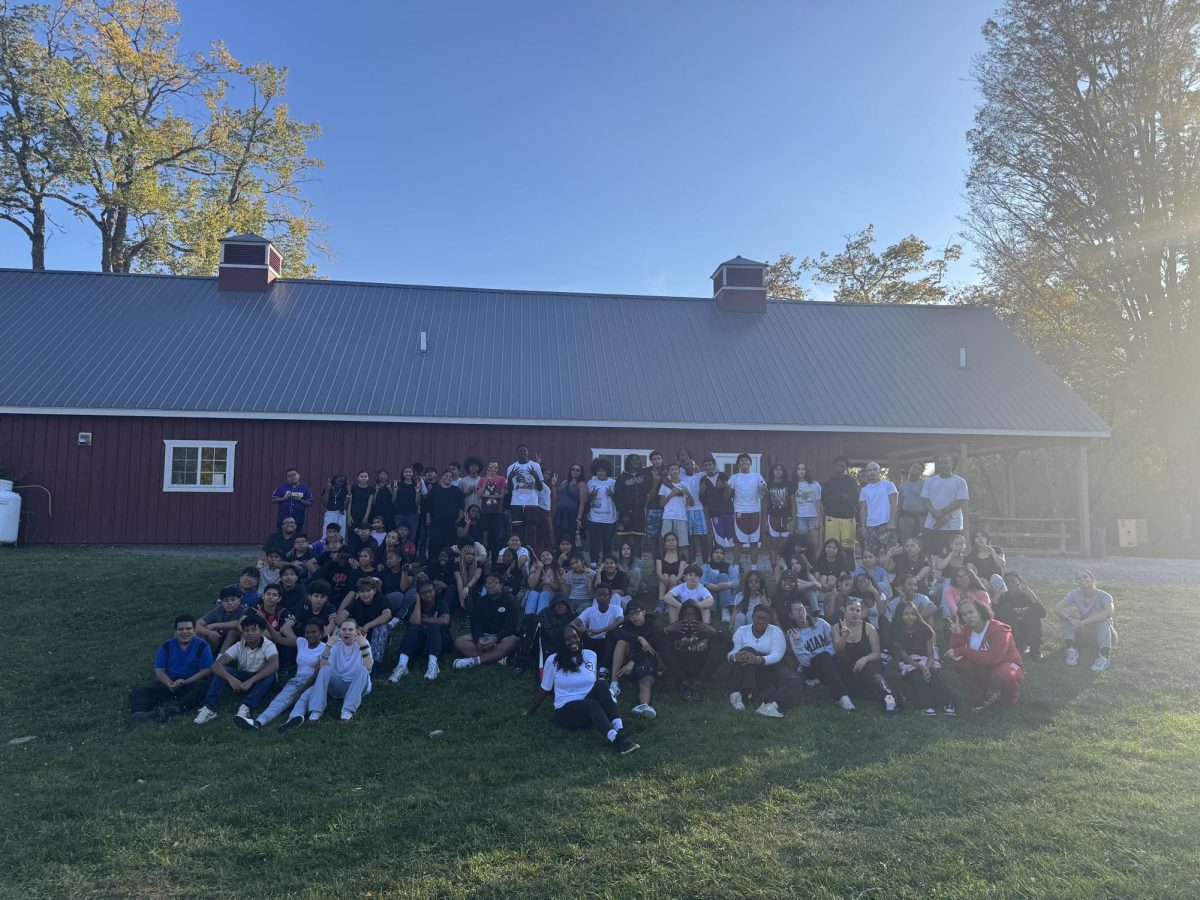
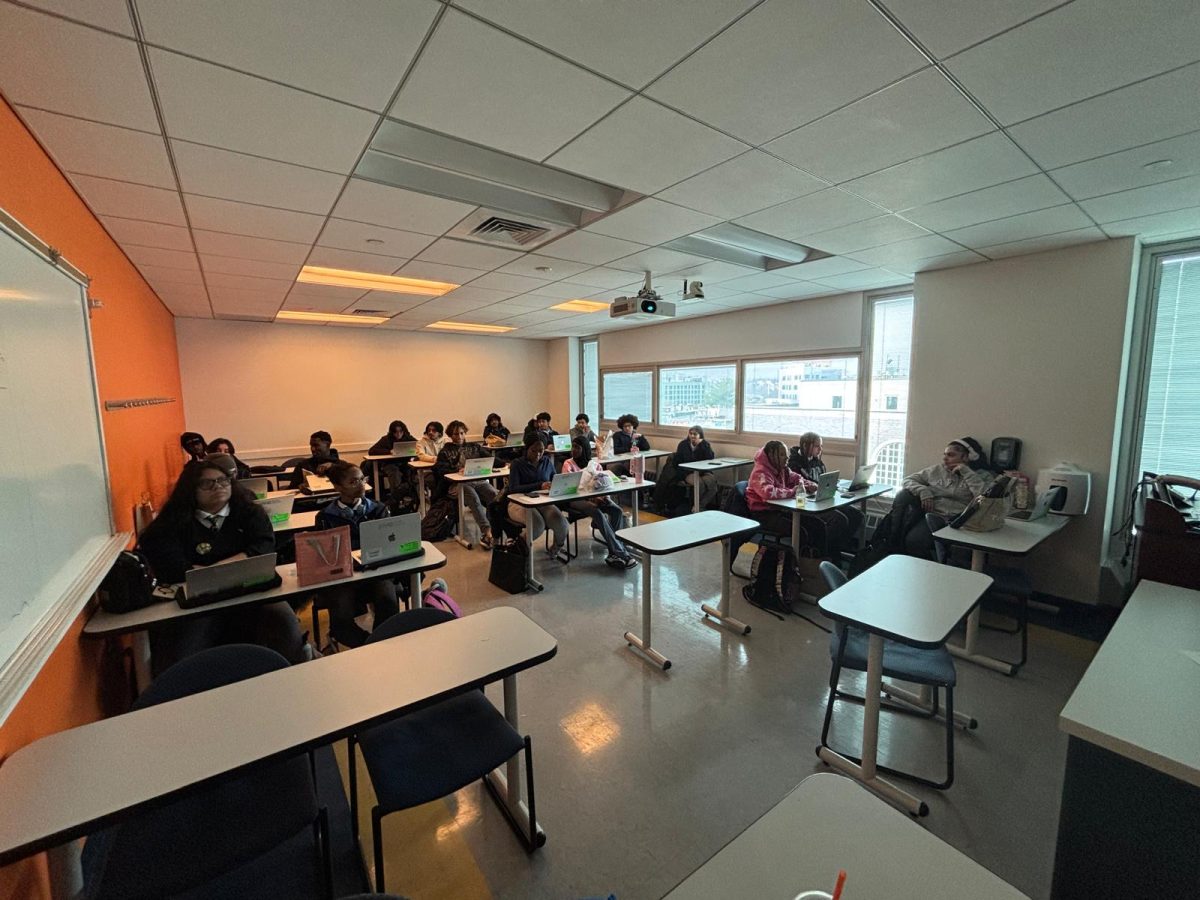






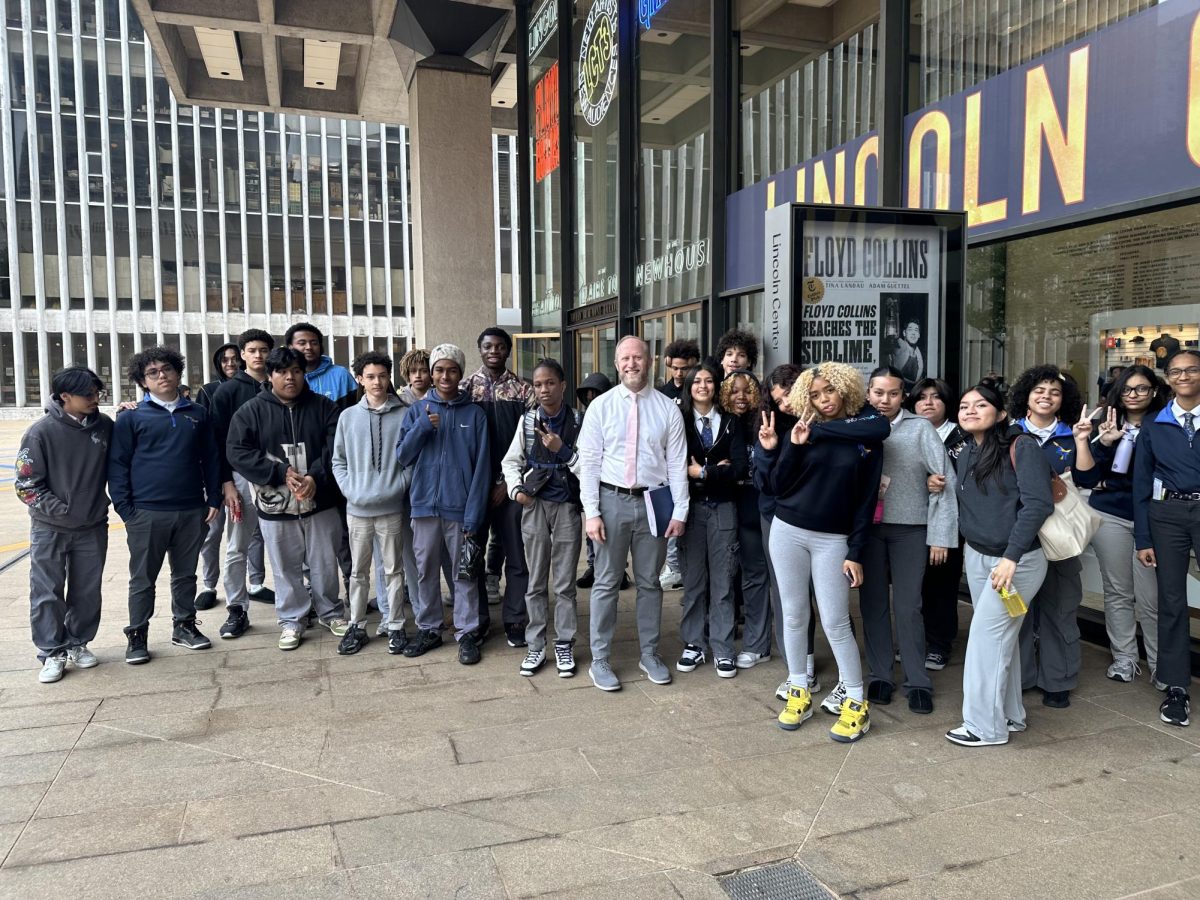
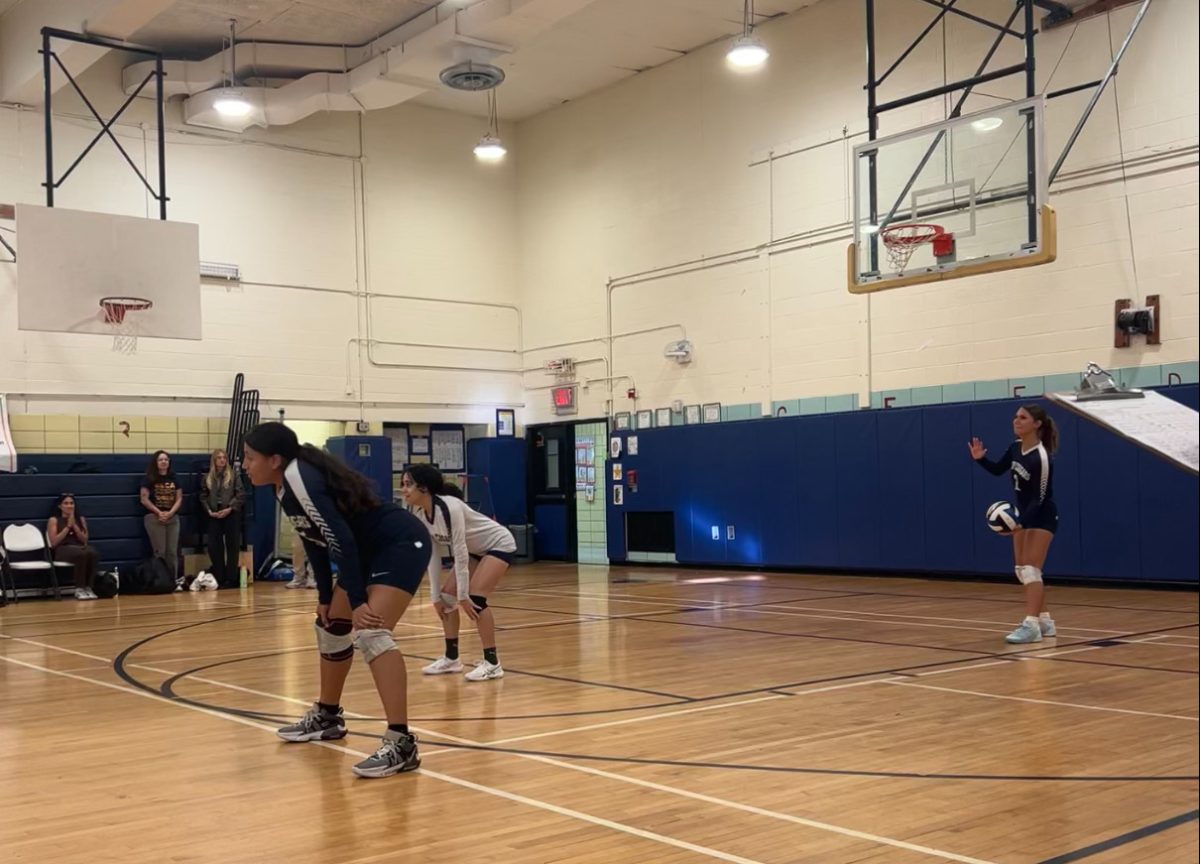
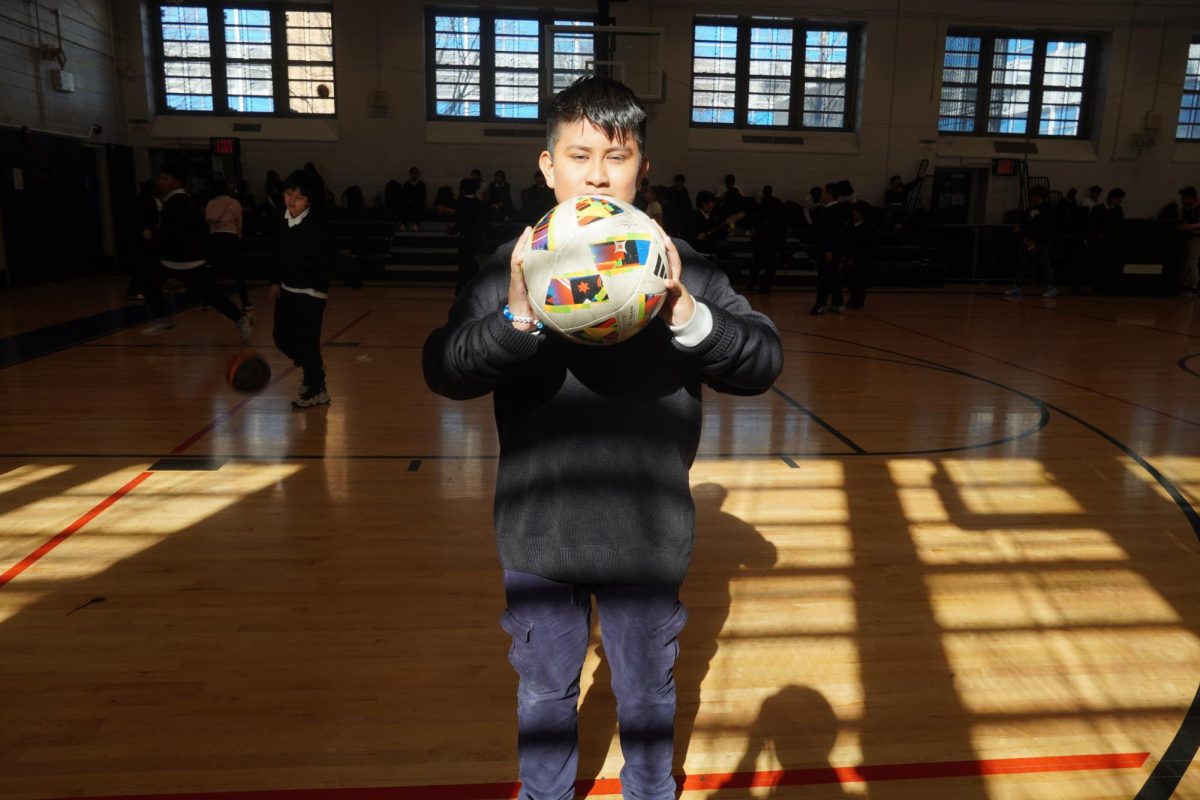


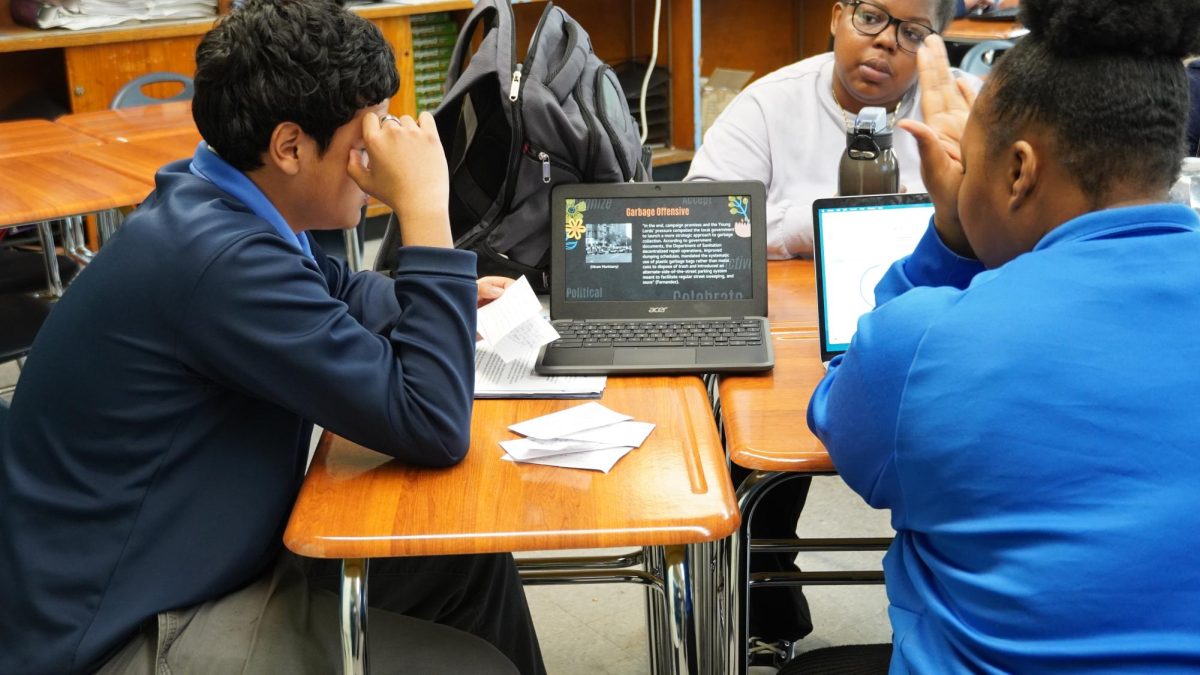

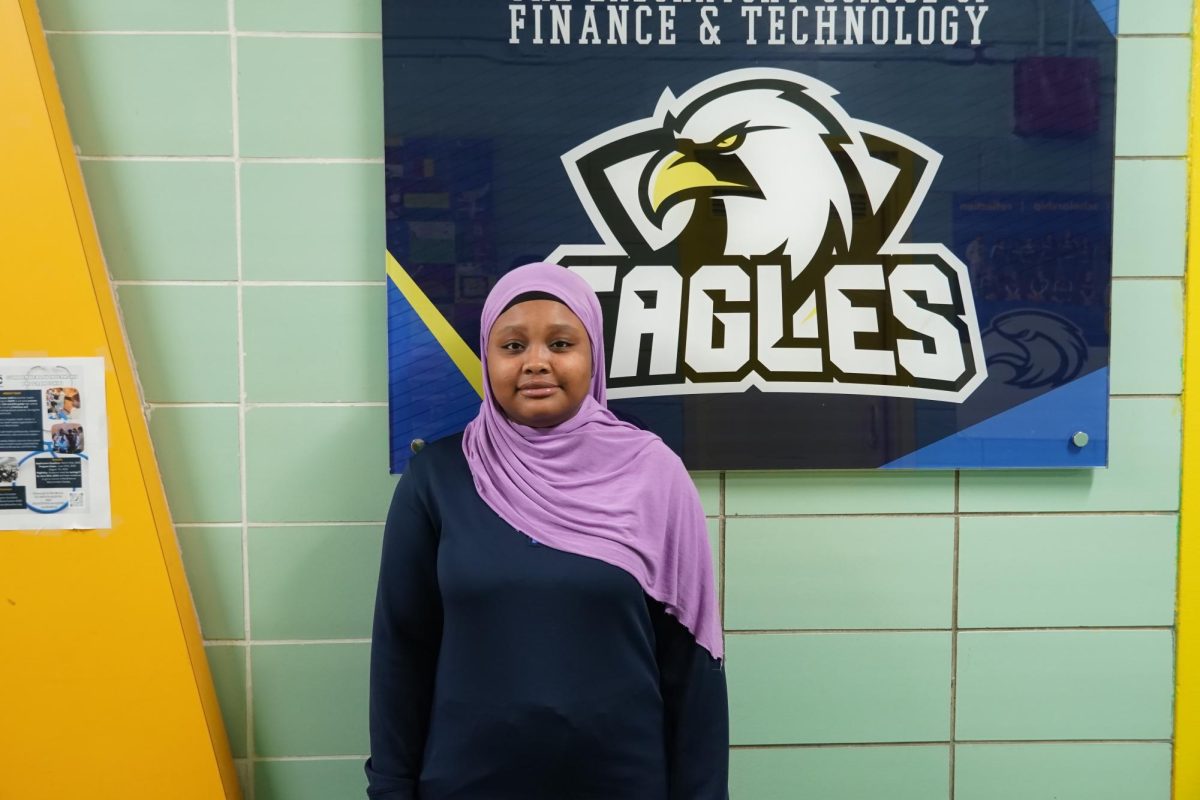
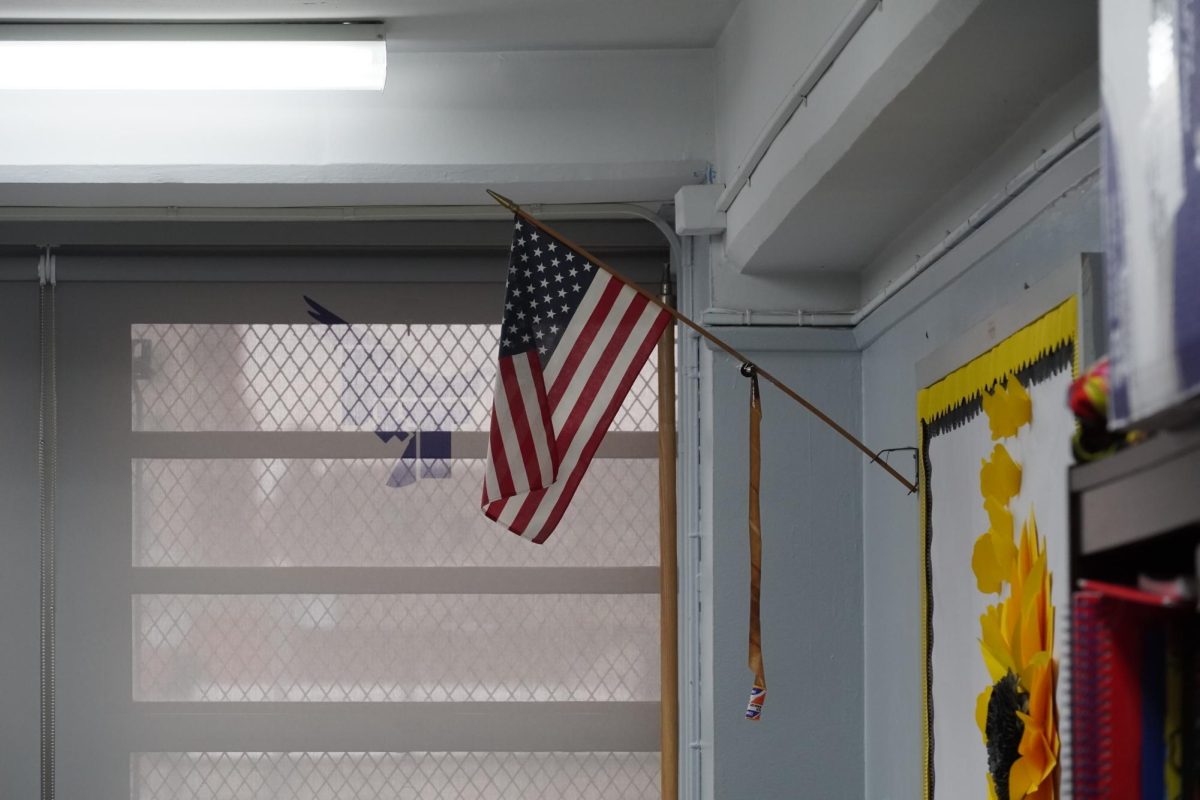
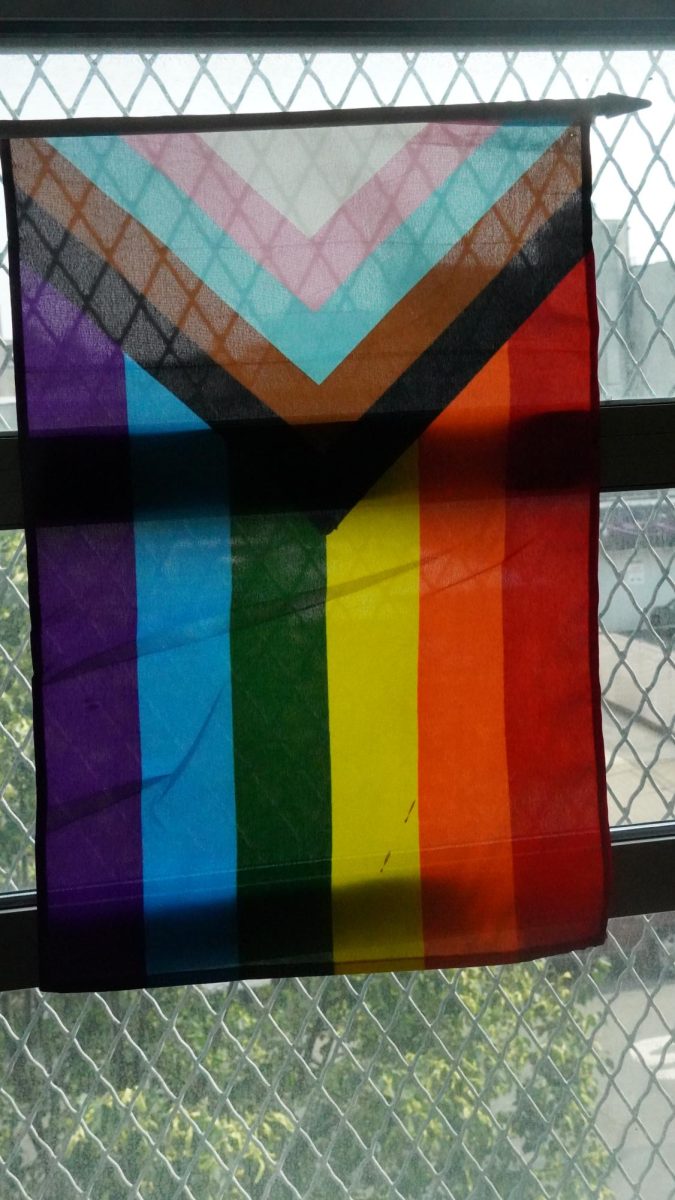
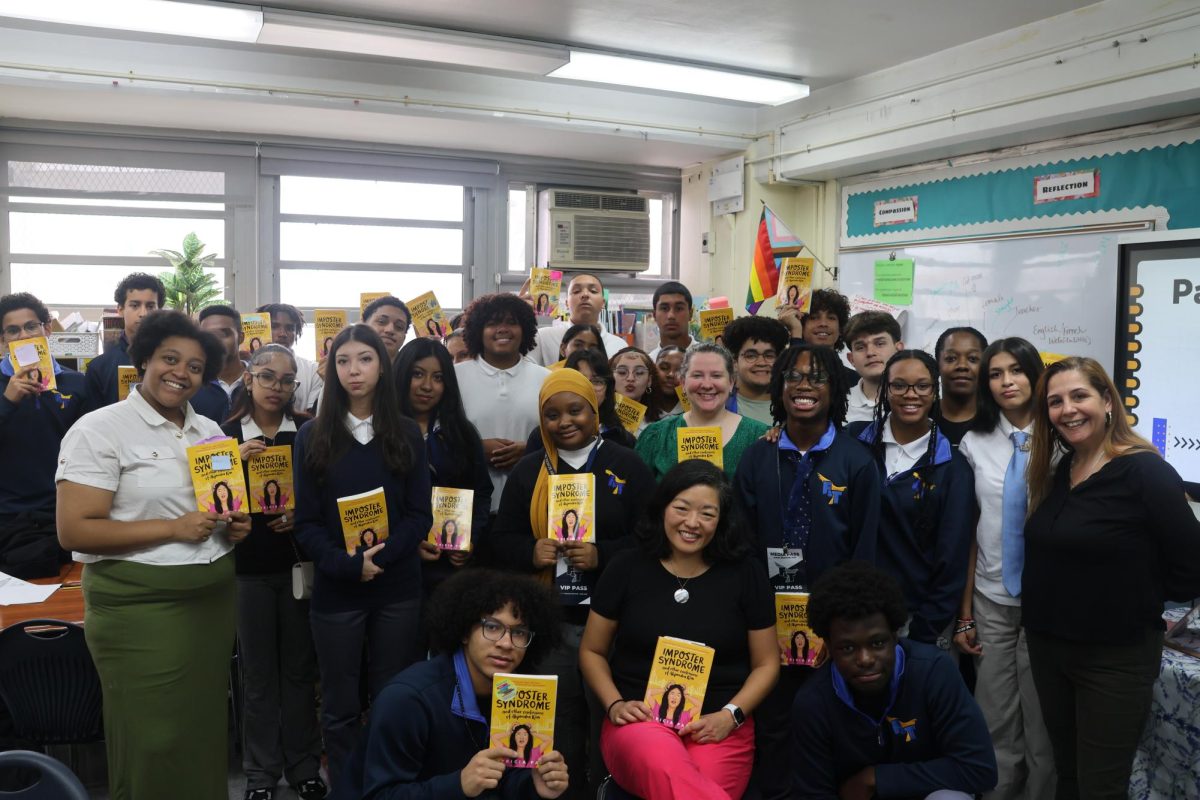

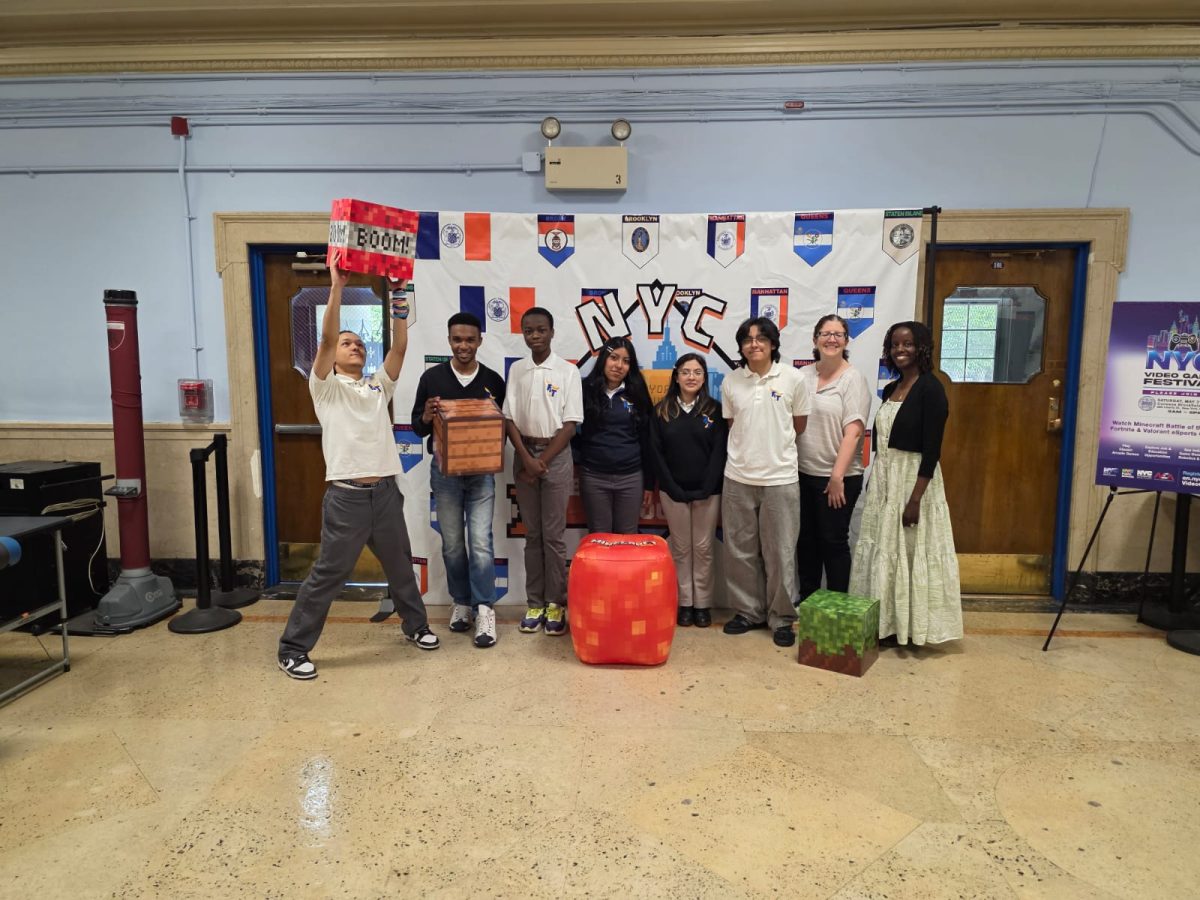

Ariana
Oct 21, 2025 at 1:16 pm
as a trans gender person this low-key hit me hard. the reason I became a boy was because of being harassed as a girl..